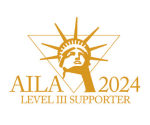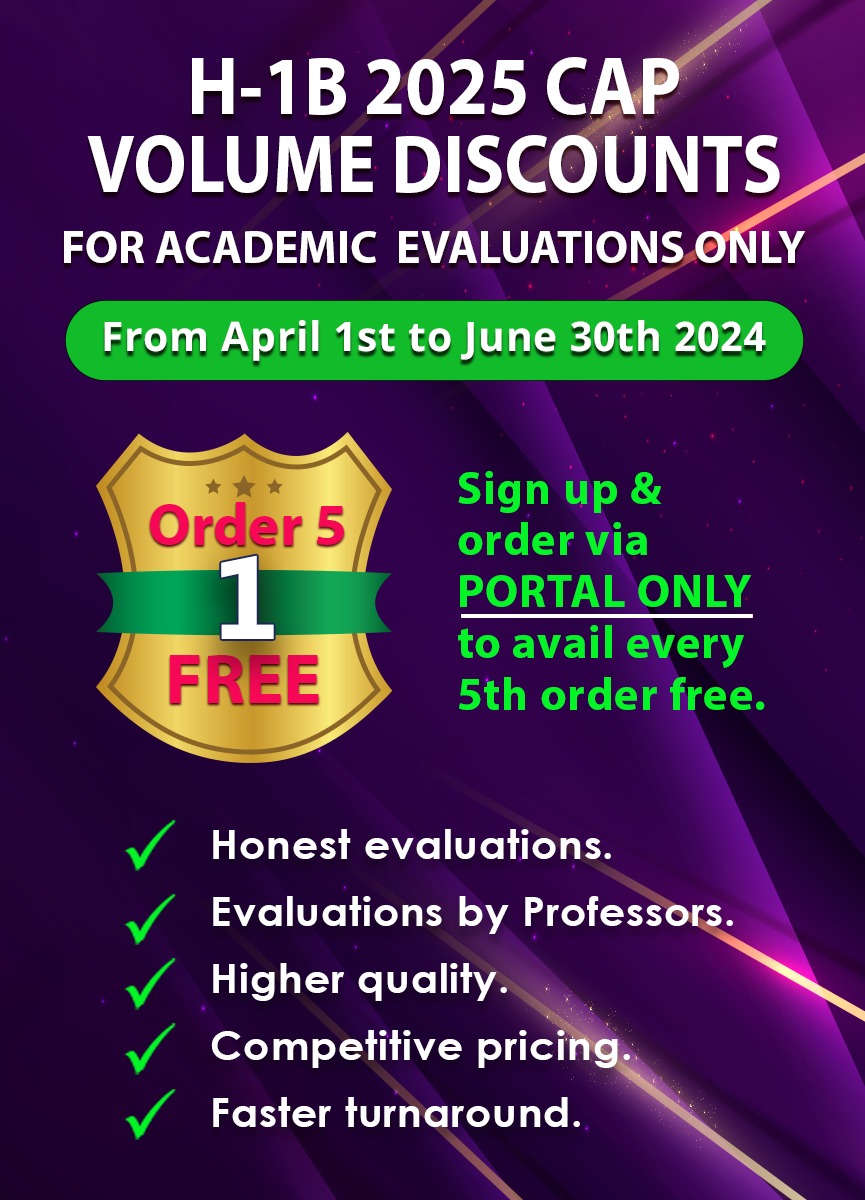The EB-2 NIW (National Interest Waiver) falls under the U.S employment-based second preference green card category (EB-2). Besides, those seeking a national interest waiver (NIW) may self-petition since they do not need a U.S employer to sponsor them. Furthermore, under this category, a foreign national may seek a waiver of a job offer and, therefore, the labor certification/PERM process. Most importantly, the beneficiary needs to provide evidence of an advanced degree or exceptional ability to be eligible to apply.
Primarily, the beneficiary needs to establish that his/her endeavor has both substantial merit & national importance. Secondly, the beneficiary must show that s/he is well-positioned to advance the proposed endeavor. Finally, the beneficiary needs to prove that his/her admission to permanent residence would be in the ‘national interest’ of the United States.
Why USCIS issues an RFE (Request for additional Evidence)?
In most circumstances, USCIS issues an RFE when the beneficiary is unable to convince the adjudicating officer that s/he meets the three prongs of Matter of Dhanasar.
As a matter of fact, the endeavors that qualify for a national interest waiver are not defined by statute. Instead, USCIS considers the three factors below:
- First, the person’s proposed endeavor has substantial merit and national importance.
- Second, the person is well-positioned to advance the proposed endeavor; and
- Third, it would be beneficial to the United States to waive the job offer and, thereby, labor certification.
Role of Letter of recommendation or expert opinion letter
As a matter of fact, the USCIS adjudicating officers may not be experts in the field of the applicant’s endeavor. USCIS adjudicates the petition based on the objective evidence submitted in this context. Undoubtedly, a letter of recommendation or expert opinion letter is an integral component of an EB-2 NIW petition. For instance, a letter of recommendation from a recognized faculty expert can bolster the beneficiary’s credentials & accomplishments. Moreover, strongly worded expert opinions from distinguished independent experts can provide specific insight into the beneficiary’s achievements/contributions. In a nutshell, such expert opinions can determine the outcome of a case.
There are two letters of recommendation for an EB-2 NIW immigrant petition. The first is from the foreign national’s “inner circle” of peers. The second one is from the “outer circle” of distinguished independent industry experts in the field of foreign national’s endeavors.
The “Inner Circle” includes peers who worked with the foreign national either as a co-worker or in the business/profession. In other words, these peers should have firsthand information about the foreign national’s accomplishments and exceptional ability.
In contrast, the “Outer Circle” includes government officials, agencies, globally recognized industry organizations, independent experts, or Professors in the field of the proposed endeavor. However, these experts may not have any ties with the applicant. Even though, they can testify to the applicant’s merit and exceptional ability by reviewing the documentary evidence. For instance, such evidence includes qualifications, resumes, experience letters, peer reviews/ letters, achievements, memberships, publications, presentations, and invited talks. For this reason, this letter of recommendation is also called an expert opinion or expert letter.
Even though letters of recommendation from the inner circle may help, it is doubtful that USCIS might give weightage to such biased letters.
Since, a letter of recommendation or expert opinion letter is the cornerstone of an EB-2 NIW (National Interest Waiver) immigrant petition, the beneficiary should submit a minimum of 5-7 letters from distinguished independent experts to bolster the factual, objective evidence. Ultimately, the USCIS officer considers the persuasive objective evidence while adjudicating an EB-2 NIW petition.
Contents of a case-winning recommendation letter or expert opinion
Primarily, a letter of recommendation or expert opinion letter for an EB-2 National Interest Waiver (NIW) should include the following:
- An introduction about the scope of the letter
- Qualifications and role of the expert
- Nature of the expert’s association with the applicant
- Any supporting evidence which validates the capacity of the expert to relate to the applicant’s proposed endeavor
- A detailed resume of the expert.
In addition, a case-winning expert opinion should include as much objective evidence as possible to attest to the three prongs of the Matter of Dhanasar. For example, Objective evidence includes independently verifiable analytics, statistics, factual data, references, citations, and quantitative & qualitative information.
How can Carnegie Evaluations help?
For a long time, Carnegie Evaluations has been the trusted partner for the U.S business immigration community. Besides, Carnegie Evaluations (www.carnegieevaluations.com) has retained various faculty experts in several disciplines (specialties). Undoubtedly, our experts can opine on the veracity of such criteria claims based on documentary evidence to address any RFEs or NOIDs. Notably, our panel includes industry-experienced faculty experts from highly reputable Universities across the U.S. Moreover, these experts are also active members of relevant industry/professional associations. Indeed, our experts’ opinions are highly customized and researched. They are known to be case-winning, as attested by several legal practitioners and clients.



 Request an Evaluation.
Request an Evaluation. Login
Login










